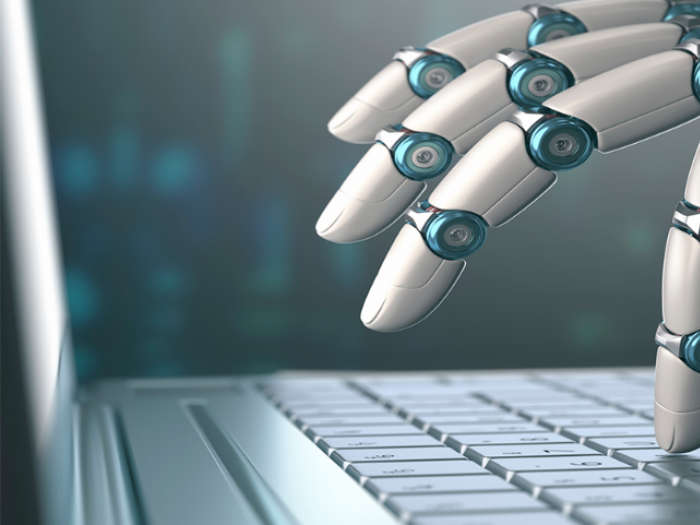(RPA)Robotic Process Automation Of HR – The Next Challenge For Companies

At present, companies face multiple difficulties in the management of their human capital, which require the implementation of more agile, less expensive technological solutions, with greater scalability and security in the treatment of information, as well as an improvement in the user experience. In this context, the solutions called RPA (Robotic Process Automation) have become the best ally to automate the most repetitive tasks with less added value, helping to reposition the HR function as a true strategic business partner.
Aware of the interesting opportunities that this type of automation solutions can provide to companies, Future For Work Institute and Meta4 have developed the joint study “The robotization of HR processes in companies”, through a survey of more than 192 HR professionals of the main companies, with the aim of understanding the level of knowledge and degree of implementation of RPA solutions in organizations. Likewise, the report has had the participation of experts from CapGemini, and other pioneering companies in this area.
Robotization a Pending Subject
One of the most significant conclusions of the report shows that the degree of knowledge of RPA (Robotic Process Automation) solutions in the field of people management is still little explored in the world. In this sense, 46% of the HR managers consulted for the preparation of the study had not heard of the existence of such solutions for the automation of management processes in their area. On the other hand, another 37% consider that the degree of knowledge in the Human Resources area about the automation of processes with RPAs is low or practically null.
This limited knowledge corresponds to an even scarcer penetration of this type of solutions in the HR departments of companies since, despite the fact that 10% of the HR managers consulted, it states that it is in the implementation phase of this type of solutions, only 2.6% claim to have already established an RPA solution in some process for people management.
Regarding the main obstacles to implement RPA (Robotic Process Automation) solutions, in addition to the ignorance of the multiple benefits they provide, the companies that are already establishing them point out as possible barriers possible destruction of employment and the legal framework.
Automated Processes
The RPA solutions serve to automate all those transactional processes that involve extracting information with a high content of structured data for later dumping in other tools or systems. According to the experts consulted, these are easily standardized procedures, where human intervention does not influence or make a difference and that have a sufficient volume so that the investment has a quick return for the company.
And although clearly this is the case of payroll and personnel management processes, RPAs can also provide advantages in other talent management processes such as onboarding, selection, training or HR reporting, among others.
In this sense, the results of the report show that the HR processes most likely to automate through RPA in companies are those of personnel administration, followed by payroll management and selection processes in the case of companies that already They have implemented this type of solutions and for systems related to HR reporting, in the case of those companies that are assessing their implementation.
Future Opportunities
Among the main benefits derived from the implementation of RPA (Robotic Process Automation) solutions, the companies surveyed highlight the reduction in the execution time of the tasks, the increase in productivity, greater agility and operational flexibility, as well as the reduction of errors and costs.
Translated to specific metrics, both companies that have already implemented this type of RPA solutions, and those that are assessing the possibility of establishing them, stand out as the main KPIs of improving the speed in the total execution of tasks, reducing the error rate, the total cost per transaction as well as personnel costs.
Regarding the future of robotic automation of HR processes, experts participating in the report point to a tendency to combine RPA solutions with smarter tools, including integration with machine learning technologies, optical character recognition (OCR). ), natural language processing (NLP) or Chatbots (Artificial Intelligence Software capable of simulating conversations with people), which allow automating more complex processes, without necessarily being based on predictable rules.
Also Read : Best Antivirus & Security Applications For Android
